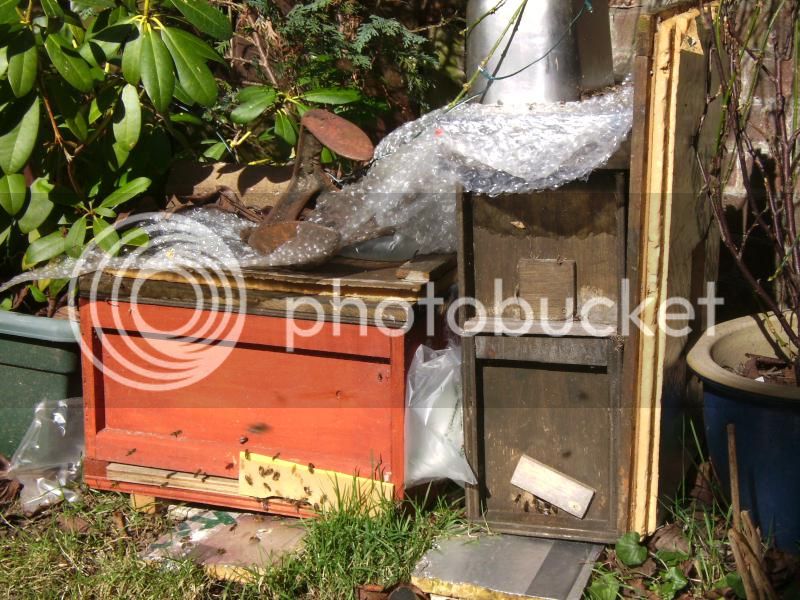MuswellMetro
Queen Bee
Hopefuly all my top insulated beehives now appear to be through winter, without any losses but fingers crossed still for the next few weeks
however i get called out by ex beginners and members to their problems and dead outs have been quite high
i have seen the following deads this winter ,
however i get called out by ex beginners and members to their problems and dead outs have been quite high
i have seen the following deads this winter ,
- small travel nuc with correx roof and sides, no insualtion, isolation starving
- 14x12, nosemetic on 6 year old comb, trapped below QE with stores stil in super above
- a nuc with two full apiguard tubs put on at same time in september
- another trapped below QE with 2 full super above ,they put suppers on in May then fed with 2 gallons of ambrosia in september
- no insulation , vented top and bottom on brood and half and queen did not cross bee space gap to stores
- three out of five 14x12, lots of ivy stores, no insulation open OMF, openFeed holes and matchsticks but hives not level (trapped in one corner)
- gravel tray roof , no insualtion, no ventalation ,omf board in (mouldy inside, crown board damp)
Last edited:


















































